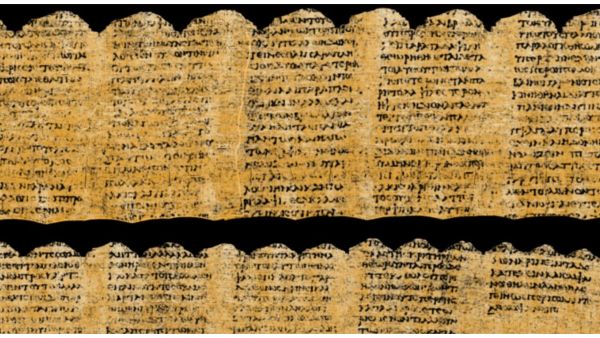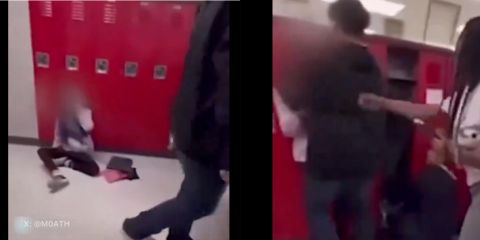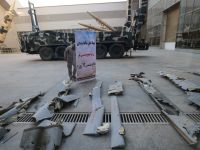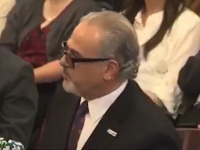ALBAWABA In a remarkable breakthrough that has captivated scholars and historians worldwide, a team of young computer scientists, including Youssef Nader from Egypt, currently residing in Germany, Luke Farritor from the U.S., and Julian Schilliger from Switzerland, has cracked a 275-year-old mystery surrounding charred Roman scrolls buried in the ashes of Mount Vesuvius's catastrophic eruption in A.D. 79.
The scrolls, part of the renowned Herculaneum Papyri collection, were discovered in the 18th century within the Villa of the Papyri in Herculaneum, Southern Italy.
These documents, resembling burnt logs from a campfire, presented an extraordinary challenge for deciphering due to their fragile state; even the slightest touch could reduce them to ash.
Despite previous attempts to unravel their secrets, progress was limited until the advent of new technologies.
Led by Professor Brent Seales from the University of Kentucky, a team of scientists, with support from Silicon Valley executive Nat Friedman, utilized X-ray technology and advanced machine-learning algorithms to discern subtle differences in the tightly wound scrolls, allowing for the partial decoding of their contents.
To further accelerate the decryption process, the team initiated the Vesuvius Challenge, inviting students to develop software capable of deciphering the scrolls.
Today marks a historic milestone as the trio of computer-savvy students - Nader, Farritor, and Schilliger - emerged victorious, claiming the $700,000 prize.
Farritor's groundbreaking work, which earned him an initial $40,000 prize, focused on developing a machine-learning model capable of detecting faint variations in the texture of the charred scrolls, revealing hidden ink imperceptible to the human eye.
Collaborating with Nader and Schilliger, the team successfully deciphered over 2,000 Greek letters from one of the scrolls, shedding light on the writings of Philodemus, an Epicurean philosopher, particularly on matters of food, music, and pleasure.
The decoded passage, offering insights into ancient philosophical discourse, underscores the potential significance of these texts in reshaping our understanding of the ancient world.
With hundreds of scrolls awaiting examination and the promise of more yet to be unearthed, scholars anticipate a profound impact on our comprehension of ancient civilizations.
Robert Fowler, a leading classicist and chair of the Herculaneum Society, expressed optimism about the ongoing efforts, noting the transformative potential of these discoveries.
He emphasized the potential for these texts to rewrite key chapters of ancient history, illuminating the foundations of modern Western civilization.








